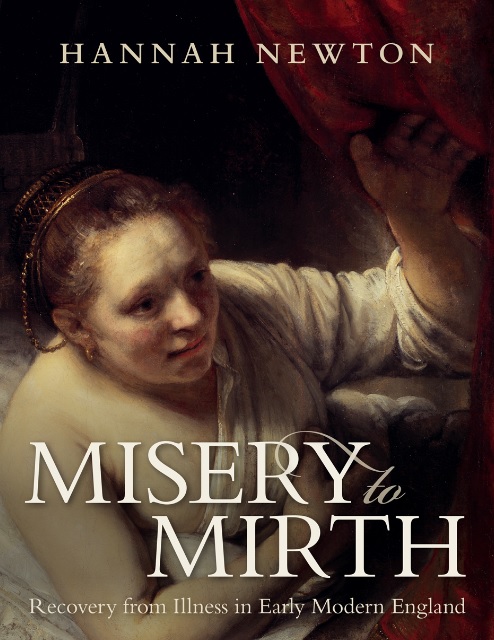We throw away or destroy millions of unused medicines each year, at an estimated cost of £300m to the NHS. But could they be safely re-used? Reading’s Dr Parastou Donyai has gathered the views of patients and says it’s time for a public debate.
NHS
Sick of Sickness! Recovering a Happier History
The NHS turns 70 this year, giving us the chance to appreciate the fact it is there to turn to whenever we get ill. But what did people do before the NHS and the luxury of modern medicine? University of Reading historian Dr Hannah Newton reveals her findings from studying diaries and letters written by Early Modern families who faced serious diseases armed with little more than their faith.
Cancer survival has doubled over the last 40 years, and death rates from stroke have halved since 1990. These positive trends are reflected in the upsurge of survivor stories in social media, where individuals broadcast their experiences of illness and recovery, and describe how the close shave with death has changed their outlook on life. ‘I don’t let little things get on top of me as much anymore’, reflects Keith Hubbard, a musician from Merseyside, 14 years after treatment for prostate cancer.
We might assume that this is a recent phenomenon. In more distant times, when epidemics were rife and medicines ineffective, it would seem likely that death was the only possible disease outcome. However, a foray into the diaries and letters of seventeenth-century patients and their families reveals a happier history. My new book, Misery to Mirth, shows that getting better was a widely reported occurrence at this time, and one which gave rise to emotionally-charged outpourings comparable to those produced today.
NHS cyber attack: Change needed to protect valuable yet vulnerable hospital IT systems
By Weizi Vicky Li, Informatics Research Centre, Henley Business School
With healthcare service scopes expanding, healthcare processes changing and technologies evolving over time, many systems need improvement or they become vulnerable to cyber-attacks. This is especially true in hospitals, where most legacy systems provide critical information and essential support for business operations with a lot of sensitive data.
Information systems and intranet/internet have been implemented in NHS hospitals for more than 30 years. Early systems implemented in the NHS include Patient Administration System, GP systems, Pathology laboratory systems, radiology and PACS systems, nursing and care planning systems, theatre systems etc.
The threats lie in the fact that many of the legacy systems have long been integrated into the core business and healthcare service processes, and therefore cannot be simply scrapped. In short, those legacy systems are valuable as well as vulnerable.


